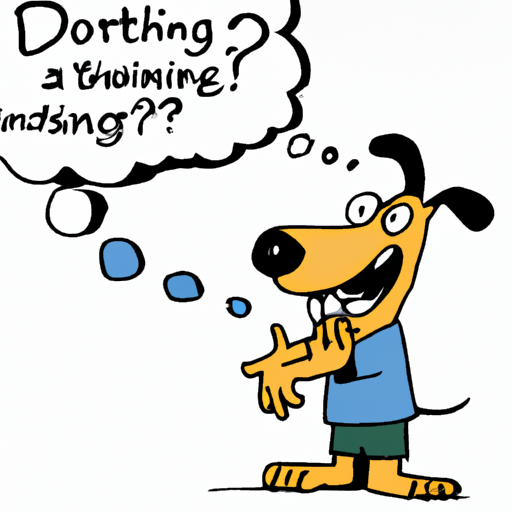Understanding the Canine Mind
Understanding why dogs bite hands begins with getting into the mindset of a dog. You see, dogs use their mouths much like we use our hands. They explore their world, play, and express their feelings with their mouths. Here are a few common reasons why a dog might bite your hand:
- Playfulness: Dogs, especially puppies, are naturally playful. Biting is a common form of play among dogs.
- Teething: Puppies go through a teething phase where their gums are extremely itchy. Biting helps soothe this discomfort.
- Fear: Dogs may bite out of fear. If a dog feels threatened, it may resort to biting to protect itself.
- Training: If a dog has not been properly trained, it may not understand that biting is inappropriate.
The Role of Communication
One of the most important factors is communication. Dogs use bites to communicate a variety of feelings and intentions. When your dog bites your hands, they could be trying to tell you something. Here are some possibilities:
- Excitement: Your dog might be so excited to see you that they can’t contain themselves.
- Attention: Your dog might be trying to get your attention.
- Dominance: Your dog might be trying to assert dominance over you.
| Communication Type | Possible Meaning |
|---|---|
| Excitement | Overwhelmed with joy |
| Attention | Need for interaction |
| Dominance | Asserting control |
The Importance of Training
Training plays a crucial role in preventing your dog from biting. A well-trained dog is less likely to bite out of fear or aggression. Here are some training tips to help prevent biting:
- Socialization: Expose your dog to a variety of situations, people, and other animals to help them feel more comfortable in different scenarios.
- Positive Reinforcement: Reward your dog for good behavior. This encourages them to repeat that behavior in the future.
- Consistency: Be consistent in your training. This helps your dog understand what is expected of them.
The Right Response
When your dog bites, how you react is crucial. It’s important to communicate to your dog that biting is not acceptable behavior. Here are a few strategies you might find helpful:
- Don’t Pull Away: Pulling your hand away quickly can trigger your dog’s chase instinct, encouraging them to bite again.
- Use a Firm Voice: Say a firm “No” to indicate that biting is not acceptable.
- Redirect: Give your dog an appropriate chew toy to redirect their biting.
Frequently Asked Questions
Q: Why does my puppy bite my hands?
A: Puppies often bite hands during play or when they are teething.
Q: How can I get my dog to stop biting my hands?
A: Training, socialization, and consistent responses can help teach your dog not to bite.
Q: Is hand biting a sign of aggression in dogs?
A: Not always. While biting can be a sign of aggression, it can also be a sign of play, excitement, or a request for attention.
Remember, understanding your dog’s behavior is key to addressing it effectively. Patience, consistency, and positive reinforcement can go a long way in teaching your furry friend to communicate without resorting to biting.



